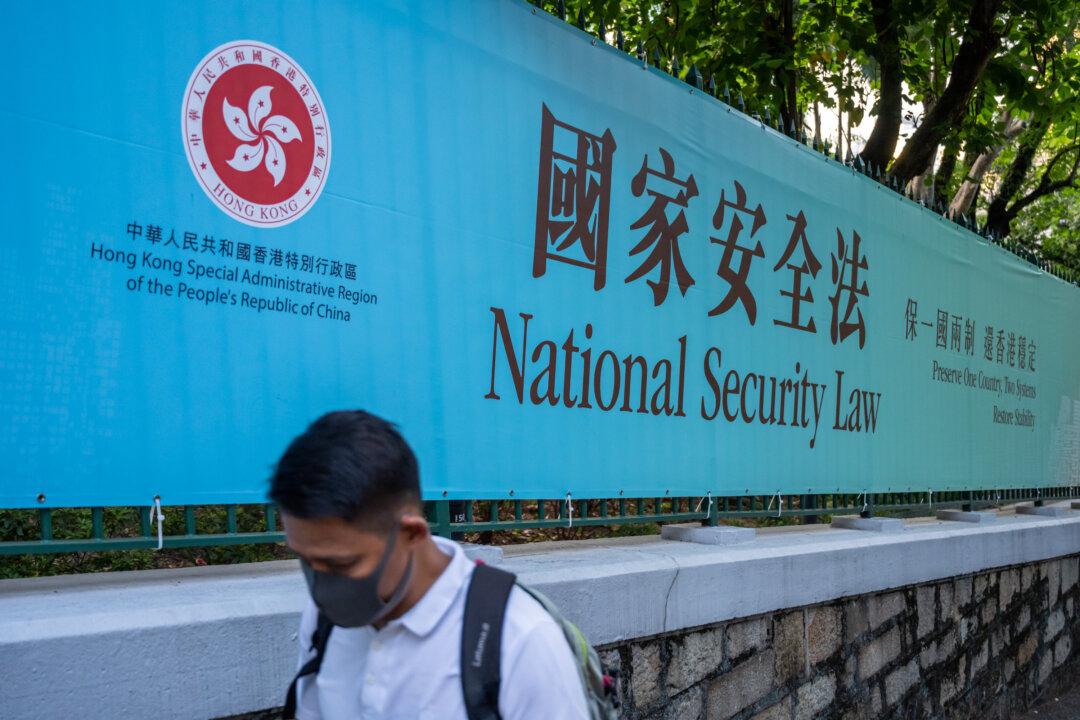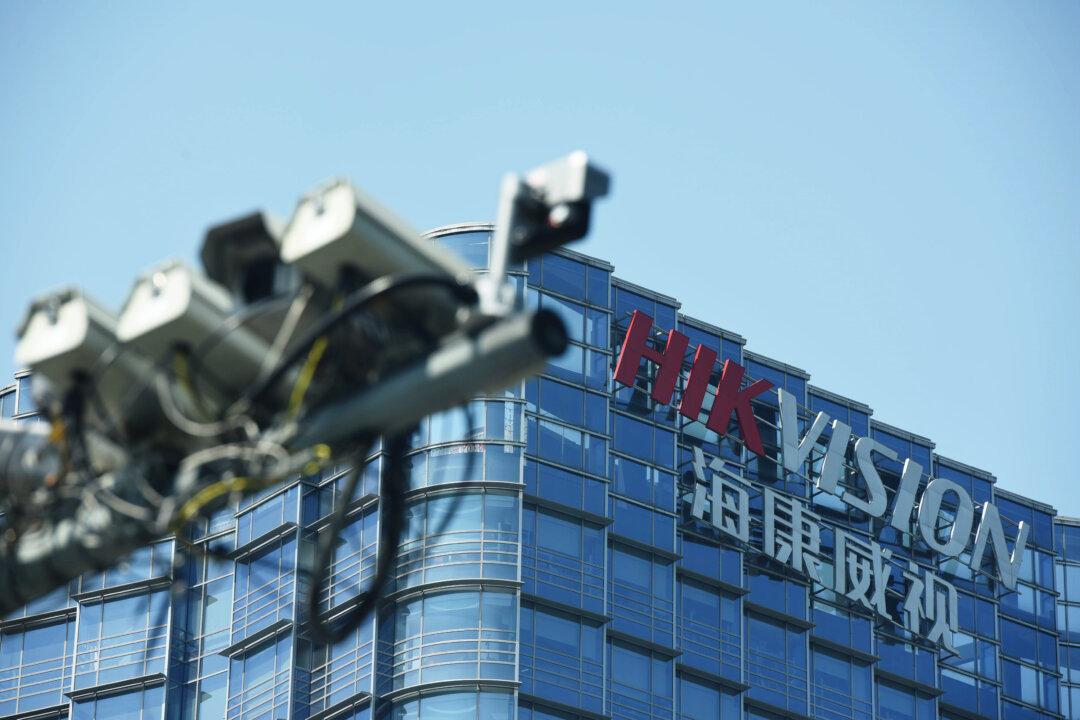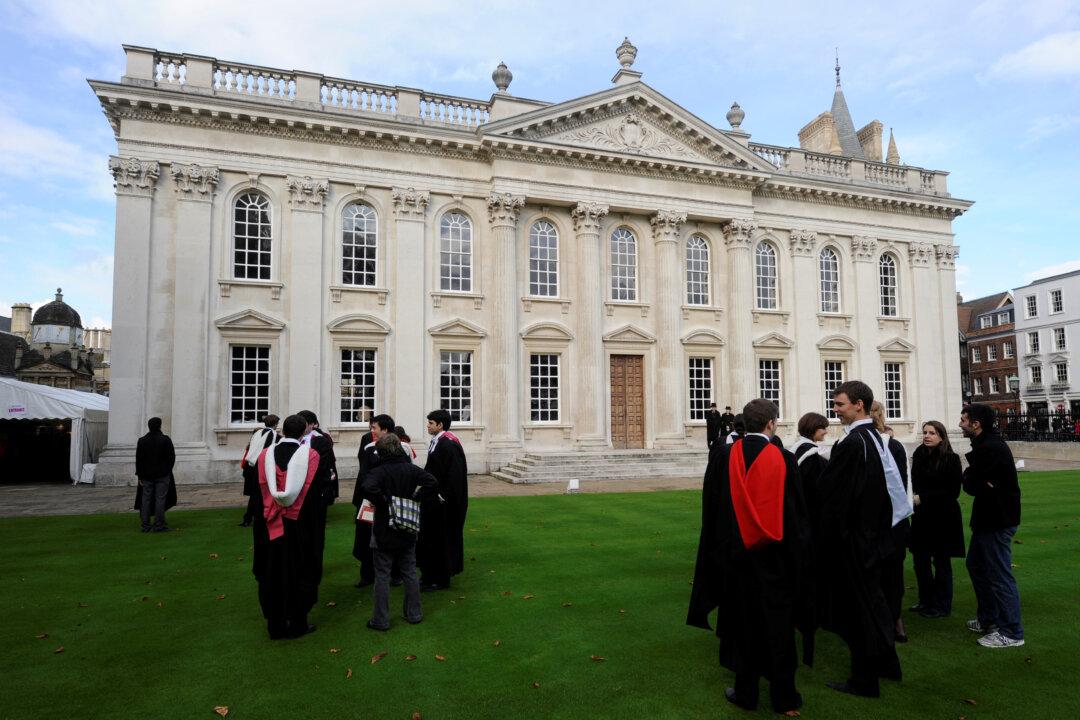MPs are putting pressure on the UK government to launch a root and branch audit of assets held by Hong Kong and Chinese officials linked to human rights violations.
A cross-party group of 110 parliamentarians have written to the Foreign Secretary Liz Truss, citing research by pressure group Hong Kong Watch, which claims it has found five Hong Kong officials and six lawmakers complicit in the ongoing human rights crackdown currently own property in the UK.




